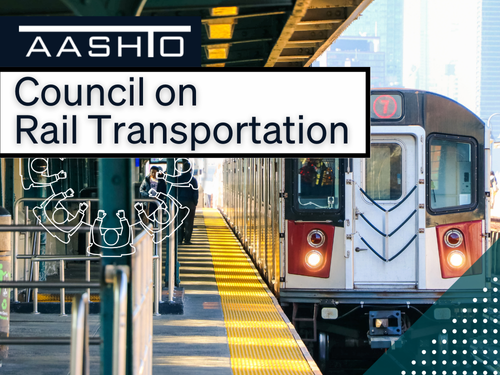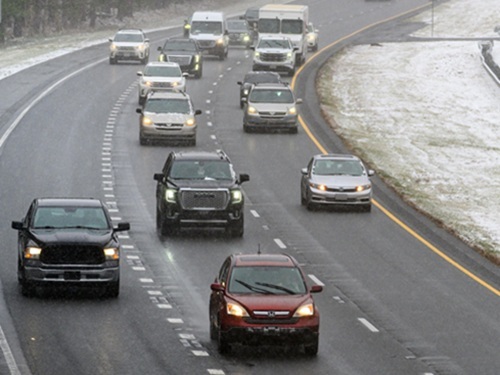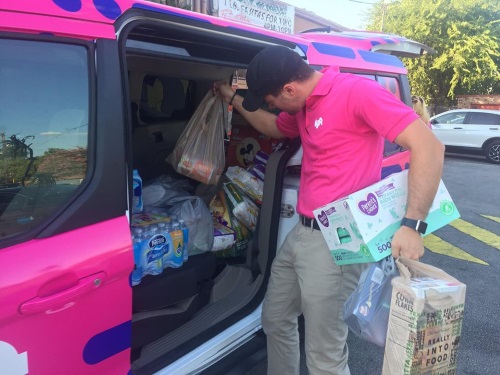To help fill transportation gaps created by the Coronavirus, ride-hailing firm Lyft is coordinating with public health entities, local governments, nonprofits and community organizations to not only donate tens of thousands of essential travel rides to low-income seniors, doctors, and nurses – among others – but also helping deliver medical supplies and other goods during the pandemic.
[Above photo by Lyft.]
“This work helps create new opportunities for our drivers but provides rides to those in need and helps distribute essential goods,” the company explained in a March 23 blog post. The services Lyft is providing include:

- Supporting delivery of medical supplies and other critical goods: During a period of shelter-in-place mandates and self-quarantine recommendations, governments and healthcare organizations can use Lyft’s on-demand network to bring life-sustaining medical supplies and test kits to the elderly, those with chronic diseases, and other vulnerable populations. To protect drivers and those receiving the deliveries, such drop-offs will be “contactless,” the firm stressed.
- Supporting delivery of meals for kids and seniors in need: To meet crucial food access gaps – such as students who receive free or subsidized lunches – Lyft is working on a new transport service with government agencies and local non-profits. A pilot project in the San Francisco Bay Area allows Lyft drivers to pick up meals from distribution centers and deliver them without contact to individuals in need; a program Lyft seeks to quickly scale throughout California and across the country.
- Facilitating necessary medical transportation, especially for low-income individuals: Lyft plays an essential role in facilitating non-emergency medical transportation or NEMT on a daily basis. During this crisis, Lyft is expanding that work to ensure people have a way to get to their dialysis appointments, chemotherapy, prenatal care and more — especially Medicaid members, who often can’t afford transportation. The company has partnered with eight Medicaid agencies to incorporate Lyft into their NEMT programs and is actively working with additional states across the country to ensure eligible patients can access critical healthcare services.
Those efforts are occurring in part to offset a steep drop in traditional ride-hailing services. According to a recent survey of 3,021 U.S. adults by Cars.com, more than 40 percent of respondents said they’re using ride-sharing services less often since the Coronavirus outbreak.
 Nation
Nation
Registration Open for AASHTO’s Winter Rail Meeting
December 19, 2025 Nation
Nation

